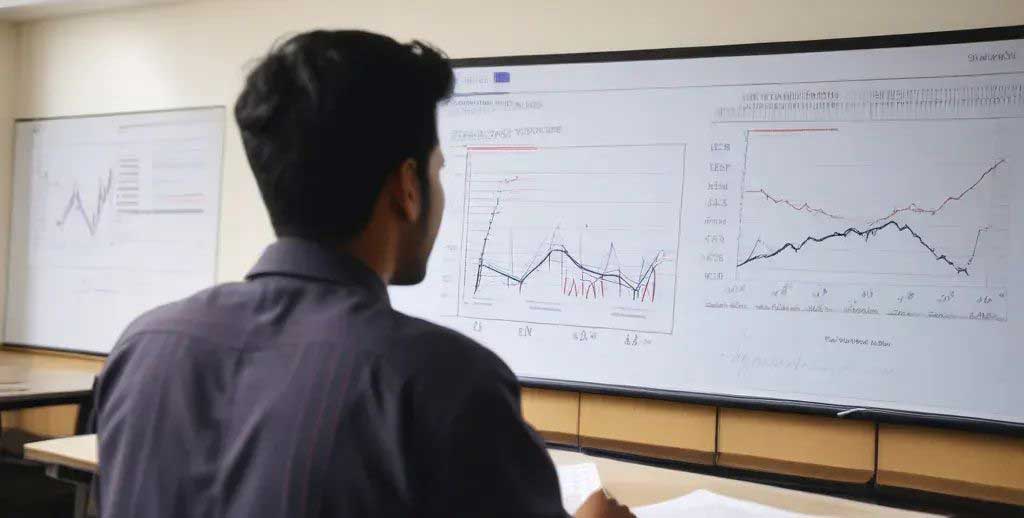Ph.D. in Economics

About
About: The program equips students with advanced skills in economic analysis, research methodology, and critical thinking. It emphasizes independent research, allowing students to contribute to the body of economic knowledge through their dissertations. The curriculum covers various areas of economics, including microeconomics, macroeconomics, econometrics, and specialized fields like development economics, labor economics, and financial economics.
Eligibility: Candidates for a Ph.D. in Economics are required to have a master's degree in economics or a related field.
Duration: The duration of a Ph.D. program in Economics is 3 years.
Job Opportunities: Graduates of a Ph.D. in Economics program have a wide range of career opportunities available to them. They can work in academia as professors or researchers, conduct economic analysis and policy research for government agencies or think tanks, provide consulting services to businesses and financial institutions, or pursue careers in international organizations such as the World Bank or the International Monetary Fund.
Why Choose This Course:
Intellectual Stimulation: The program offers intellectually stimulating coursework and research opportunities, allowing students to engage with cutting-edge economic theories and methodologies.
Career Advancement: A Ph.D. in Economics opens up diverse career pathways in academia, research, policy analysis, and consulting, providing opportunities for professional growth and advancement.
Impactful Research: Students have the opportunity to conduct original research that addresses real-world economic challenges, contributing to the advancement of knowledge and informing policy decisions.
Flexibility: The skills acquired during the program are transferable across various sectors, providing flexibility in career choices and the ability to adapt to evolving economic landscapes.
Scope:
The scope of a Ph.D. in Economics is vast, ranging from academia to government agencies, international organizations, research institutions, and private sector companies. Graduates often pursue careers as university professors, economists, policy analysts, consultants, and researchers.

